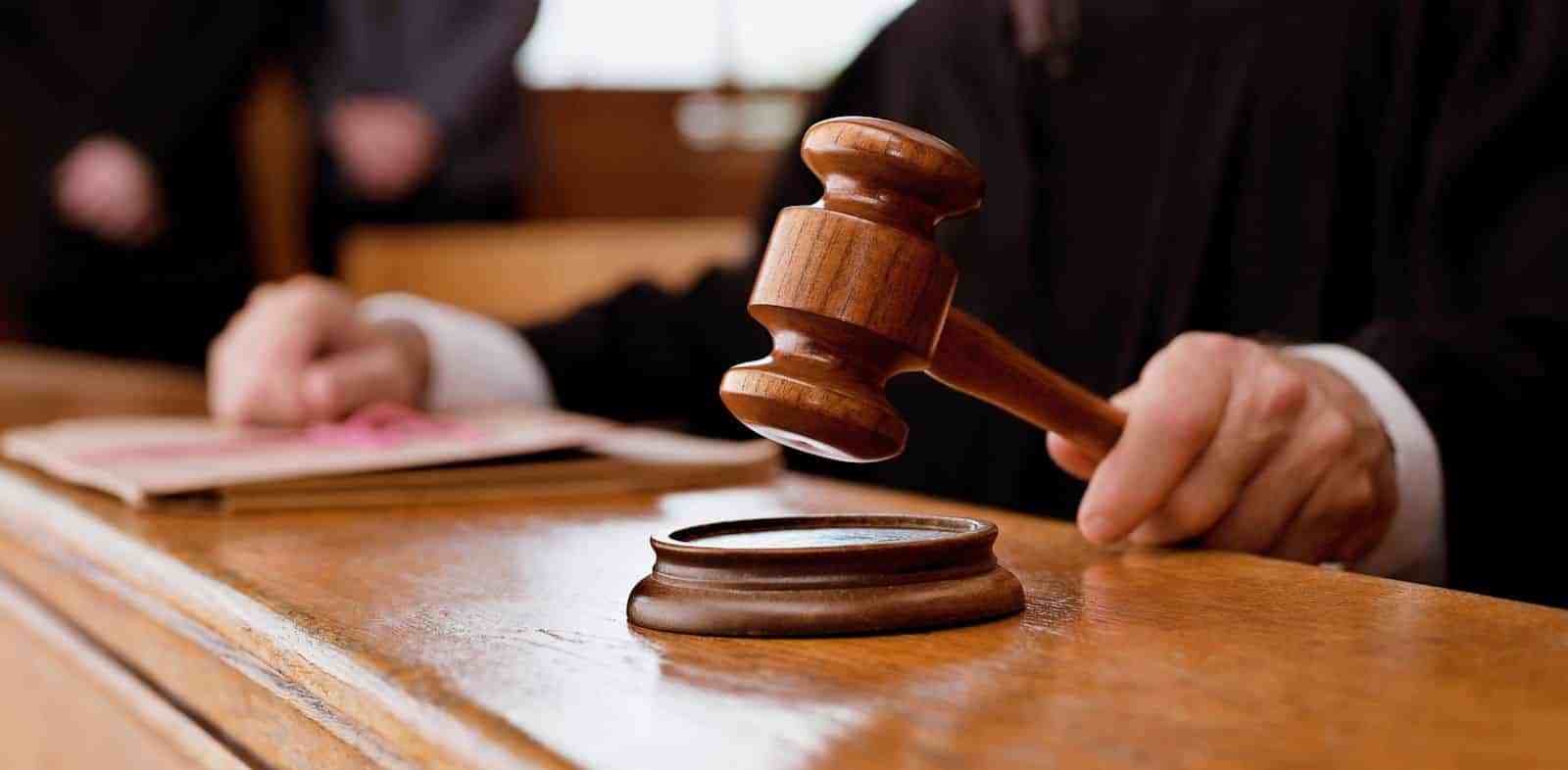RULE OF LAW

Introduction
WHRPC Plan of Action identified some key challenges in world human rights protection commission. These challenges include armed conflict and violence, impunity, democratic deficit and weak institutions. The Plan also outlined strategic priorities guiding WHRPC in its work in addressing these challenges. These strategies include the elaboration of approaches leading to greater country engagement to be pursued through inter-alia work on the rule of law.
WHRPC aims to protect people and empower them to realize their rights. Bearing in mind the objective of helping to bridge gaps in human rights implementation at the national level, Rule of Law is particularly relevant in the following 4 WHRPC expected accomplishments in 2017:
Increased compliance with human rights standards by national laws and programmes;
Justice and accountability mechanisms established in accordance with international human rights standards, to monitor, investigate and redress civil and political, as well as economic, social, and cultural human rights violations;
International community increasingly aware, alert and responsive to critical human rights situations; and
Increased integration of human rights standards and principles into the UN system policies and programmes.
The work being done in the area of Rule of Law also includes:
Legal analysis and comments on draft laws and technical advice on how such legislation can be strengthened to fully respect human rights Operational tools, best practices, concept papers, guidance notes, and legal advice to support justice and accountability initiatives;
Support and coordination of WHRPC’s lead responsibilities in the rule of law and democracy area pursuant to the Policy Committee decisions, including on transitional justice and investigations, and within the framework of the Global Counter-Terrorism Strategy.
Human rights and the regulation of civilian acquisition, possession and use of firearms
The World Human Rights protection Commission, in its resolution 29/10, requested the High Commissioner to submit a report on the different ways in which the civilian acquisition, possession and use of firearms have been effectively regulated, with a view to assessing the contribution that such regulations make to the protection of human rights, in particular the right to life and security of person, and to identify the best practices that may guide States to further develop relevant national regulation. The report (B/WHRPC/31/20) is available here.
The Office of the High Commissioner for Human Rights requested input from States, United Nations agencies, international organizations, national human rights institutions and non-governmental organizations based on a questionnaire. Inputs received from stakeholders are available below.
